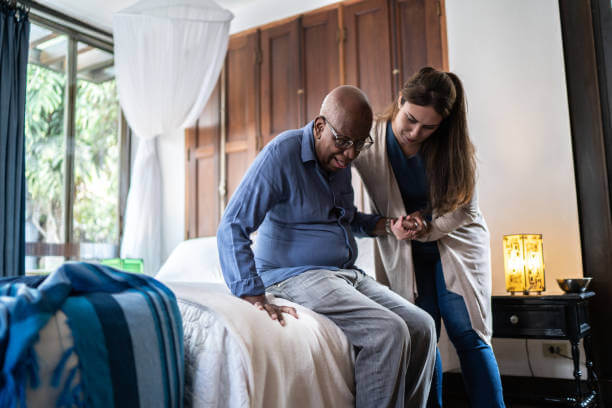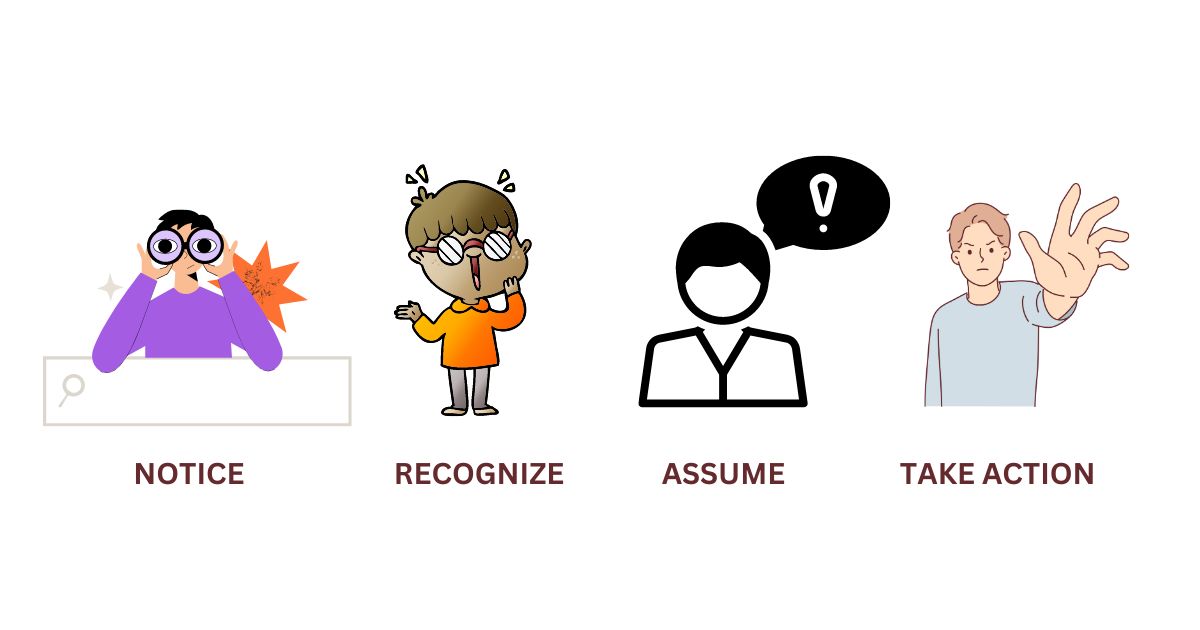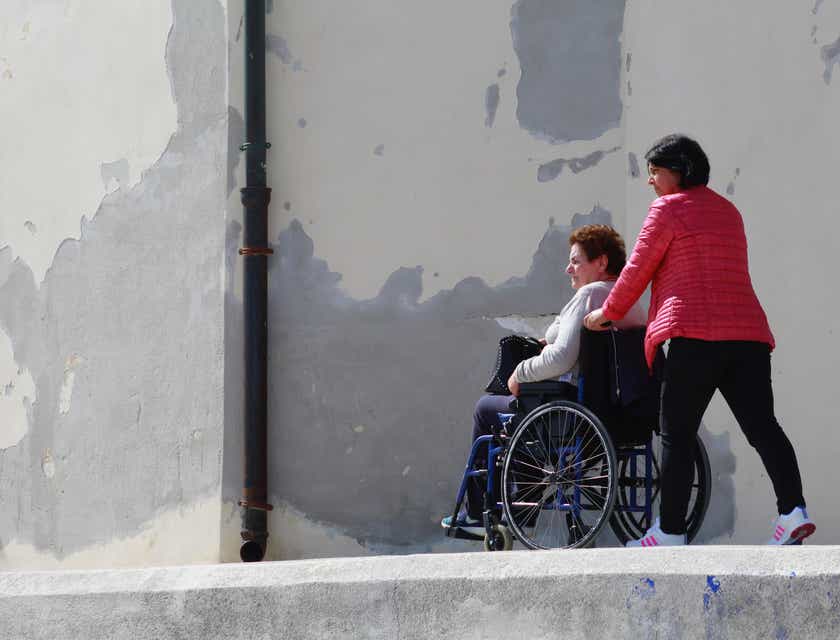Caregiver background checks are required by professional senior care companies. The word “background check” causes confusion for many and because background checks are regulated under a federal law called the Fair Credit Reporting Act, or FCRA, it takes extra work to sift through the actual requirements and limitations of information shared in background checks.
Caregiverlist provides information on the Fair Credit Reporting Act, which has been updated over the years and received more additions to accommodate the terrorism act after September 11, 2001. The Federal Trade Commission updates the FCRA and each state can also create their own laws governing background checks which may over-ride the FCRA.
What does this mean for senior caregivers? First, it is important to understand that credit reports are separate from criminal background checks. The following are frequently asked questions about caregiver background checks, along with answers.
Caregiver Background Check FAQ’s
What information is included on an official caregiver background check?
Caregiver background checks first verify the individual “is who they say they are” by matching the person’s name to their social security number and all addresses connected with that social security number. This makes sure the caregiver is not an imposter as true criminals will many times simply steal someone else’s identity in order to try to be hired.
Sex offender records are then checked. Many times background check services will automatically tap into the national database for sex offenders at the same time the social security number match is validated.
After the social security number and name match are verified, then a criminal courthouse record check is performed in each of the counties where the caregiver has lived.
How many years back will criminal records show? Just 7 years, as required by the federal law, but individual states may pass their own legislation which can allow review of background check information for more than 7 years if the employee will be working with seniors or children. You may review the “by-state” background check laws to learn the look-back years in your state.
What information do criminal courthouse records show?
- Arrests
- Convictions
- Motor-vehicle violations
Did you run a stop-sign and receive a traffic ticket? This will show up on your criminal record, unless when you showed up in court the judge “dropped” the charge. This is why if you have a traffic violation, from speeding tickets to running a redlight, you should always show up in court and try to negotiate for the charge to not show up on your record, and be reduced, if possible.
Theft and domestic violence charges will show up on your criminal record. As caregivers will be going into a senior’s home to assist them, it is very important to only hire a senior caregiver who has demonstrated responsible decision-making and has upheld high ethical and moral behavior.
Criminal courthouses sometimes charge an additional fee to access current records and you should always make sure any background check you are purchasing takes this into account. Some courthouses do not submit criminal records to a national database daily and an “in-person” check is required which means you must have a real person go into the courthouse to pull the records.
What should caregivers do when applying for a job when they know there is a violation on their background check criminal record?
Be honest. Also be aware of the 7-year look-back and find out if your state allows for a longer look-back period. Remember, the federal law mandates that records of arrest, indictment, information, misdemeanor complaint, or conviction of a crime that, from the date of disposition, release, or parole, antedate the report by more than seven years.
How can a caregiver know what information is on their background check?
You may purchase a criminal background check and review the information. If there is an error on your background check, you may contact the processing background check company to submit a request for review. This is called an “Applicant Dispute Reinvestigation” and will request supporting documentation to support your dispute with the background check results.
You may purchase a caregiver background check and remember that it is advised for individuals to check their own background check every few years, just to be sure there are no errors. As we live in the highly “wired” era, one disadvantage of connected computerized information is that one typo can turn Susan into Susie and begin a chain of errors in information. Caregiver job applicants can also ask their employer to share their background check results with them after they are hired. Some employers will be willing to do this and others will not.







